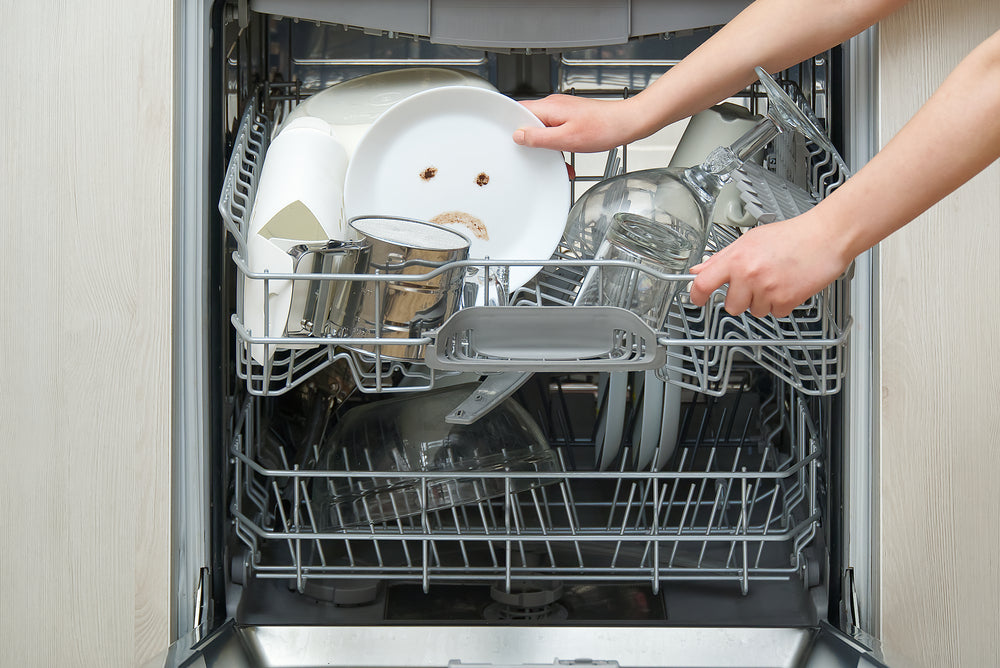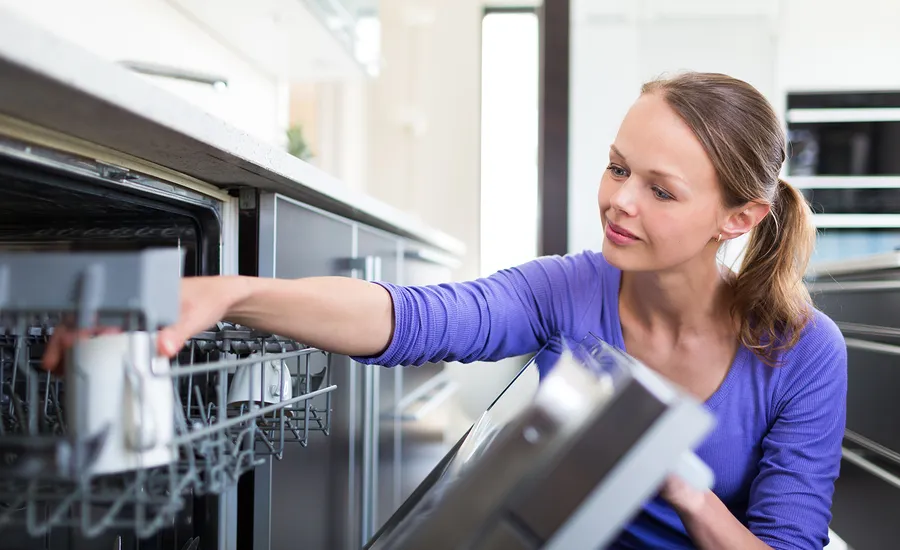The article in the next paragraphs relating to The Most Common Dishwasher Problems is exceedingly enlightening. Read it yourself and see what you think about it.

Having your dishwasher malfunction or malfunction can be a big deal as well as cause some pain at home. Dishwashing machines are equipments that we use to tidy dishes as well as cutleries immediately to conserve us the anxiety of manually doing it.
Like every other maker that alleviates human effort, dishwashing machines can break down as well as establish some mistake eventually in time. There are numerous mistakes your dishwashing machine could develop, as well as while a few of them can be resolved by changing some components or repairing them, various other extra severe issues will require that you get a brand-new dishwasher.
This post will certainly identify a couple of usual faults your dishwashing machine can develop to hinder its general efficiency and exactly how these mistakes can be addressed.
Common Faults
Typical dish washer faults could vary from small to significant ones. Depending on the extent, you will either need the solutions of specialist plumbers to repair or change it.
Several of one of the most common faults include:
Leaking Dish washer
This is possibly one of the most everyday dishwasher issue, as well as fortunately is that it is very easy to recognize. Leakages take place due to several reasons, as well as the leaks can ruin your cooking area. Typical root causes of dishwashing machine leaks consist of;
Bad-Smelling Dishwashing machine
This is another usual dish washer issue, and it is generally triggered by food particles or grease sticking around in the device. In this case, seek these particles, take them out and also do the meals with no meals inside the machine. Clean the filter completely. That will certainly assist eliminate the bad smell. Make certain that you eliminate every food particle from your recipes prior to transferring it to the machine in the future.
Lack of ability to Drain
Sometimes you might observe a large quantity of water left in your tub after a wash. That is possibly a drain problem. You can either inspect the drain tube for damages or blockages. When doubtful, get in touch with a professional to have it inspected and dealt with.
Does not clean properly
If your meals and flatwares come out of the dish washer as well as still look unclean or unclean, your spray arms might be an issue. In many cases, the spray arms can get obstructed, and it will certainly require a quick tidy or a replacement to work properly again.
Final thought
Several of these common dishwashing machine mistakes can be taken care of conveniently at home, but sometimes, the faults could be massive and also may require the interest of experts. If you reside in Rochester, Syracuse, and also various other parts of America, let the professionals correctly identify what could be incorrect with your dish washer and also extend a solution.
We also install dishwashing machines if you simply got a brand-new one or plan to change your very own. With our many years of experience in the industry, we are sure to give you the best possible services.
8 Most Common Dishwasher Problems & How to Fix Them
My Dishwasher Isn't Draining
If your dishwasher isn't draining properly, you may be having an issue with your dishwasher's drainage system. This can be caused by a variety of issues:
Clogged drain: The dishwasher's drain may be clogged with food particles or other debris. Malfunctioning pump: The dishwasher's pump is responsible for moving water through the system and out of the drain. If it's damaged or not working correctly, it could cause a drainage failure. Broken or clogged hose: The dishwasher's drain hose may be broken or clogged, causing water to back up in the system. How to Fix Dishwasher Not Draining
Check the drain for any blockages. A clogged or kinked hose will prevent water from properly draining out of the dishwasher. Use a plunger or a pipe snake to clear any debris that may be blocking the drain. Check the dishwasher's pump for damage or malfunction. Consult the manufacturer's manual or call a professional appliance repair service if you think the pump may be the issue. Check the drain hose for any damage or blockages. The hose should be straight and free of any debris or kinks. Check the drain pump filters for any blockages if the hose is clear, but the dishwasher is still not draining. Some dishwashers have filters that can become clogged with food particles or debris. Cleaning or replacing the filters may help resolve the issue. Run a dishwasher cycle to make sure the water is properly draining out. My Dishwasher Is Leaking
A leaking dishwasher can be frustrating. There are a few possible causes that you can investigate to try and diagnose the issue:
Inspect the dishwasher for any visible signs of damage or wear and tear. Look for cracks or holes in the door and around the rubber seal. Check the hoses and pipes connected to the dishwasher for any signs of leaking. If there is no visible damage, you may hear the sound of water dripping or the sound of the water pump running. This might mean a problem with the water inlet valve or the drain pump. You may also notice a puddle of water on the floor near the dishwasher. This could indicate a blocked drain hose or a faulty drain pump. Finally, check the seals around the door and the door for any signs of damage, wear and tear, or improper installation. If any of these issues are present, they must be fixed immediately to avoid further water damage. How to Fix a Leaky Dishwasher
Identify where the leak is coming from. The most common places for a dishwasher to leak include the door, hoses, and pump. If the leak is coming from the door, the gasket or seal may need to be replaced. If the leak is from the hose or pump, the damaged parts should be replaced with new ones. Finally, check all the connections and make sure they are secure and not leaking How to Fix a Dishwasher That Won't Start
The perfect remedy for a dishwasher that won't start is confirming all the components are in perfect working order and that the wiring is in good condition. Next, inspect the motor and replace it if necessary.
If these steps do not resolve the problem, contact a professional appliance repair technician to diagnose and fix the issue.
Conclusion
Most dishwashers are reliable appliances with a long lifespan. As with all devices, checking your dishwasher regularly will help you quickly identify any issues and ensure that it is running efficiently.
And if you're in the market for a new dishwasher, don't let dishwasher problems ruin your day. Upgrade to a reliable, efficient model today! Check out our full selection of top-quality dishwashers that includes a range of styles and features to suit any budget and household needs.
https://www.coastappliances.ca/blogs/learn/common-dishwasher-problems

I'm just very enthusiastic about The Most Common Dishwasher Problems and I hope you appreciated my page. If you please take a moment to promote this post if you enjoyed it. Thank you for your time spent reading it.
Contact